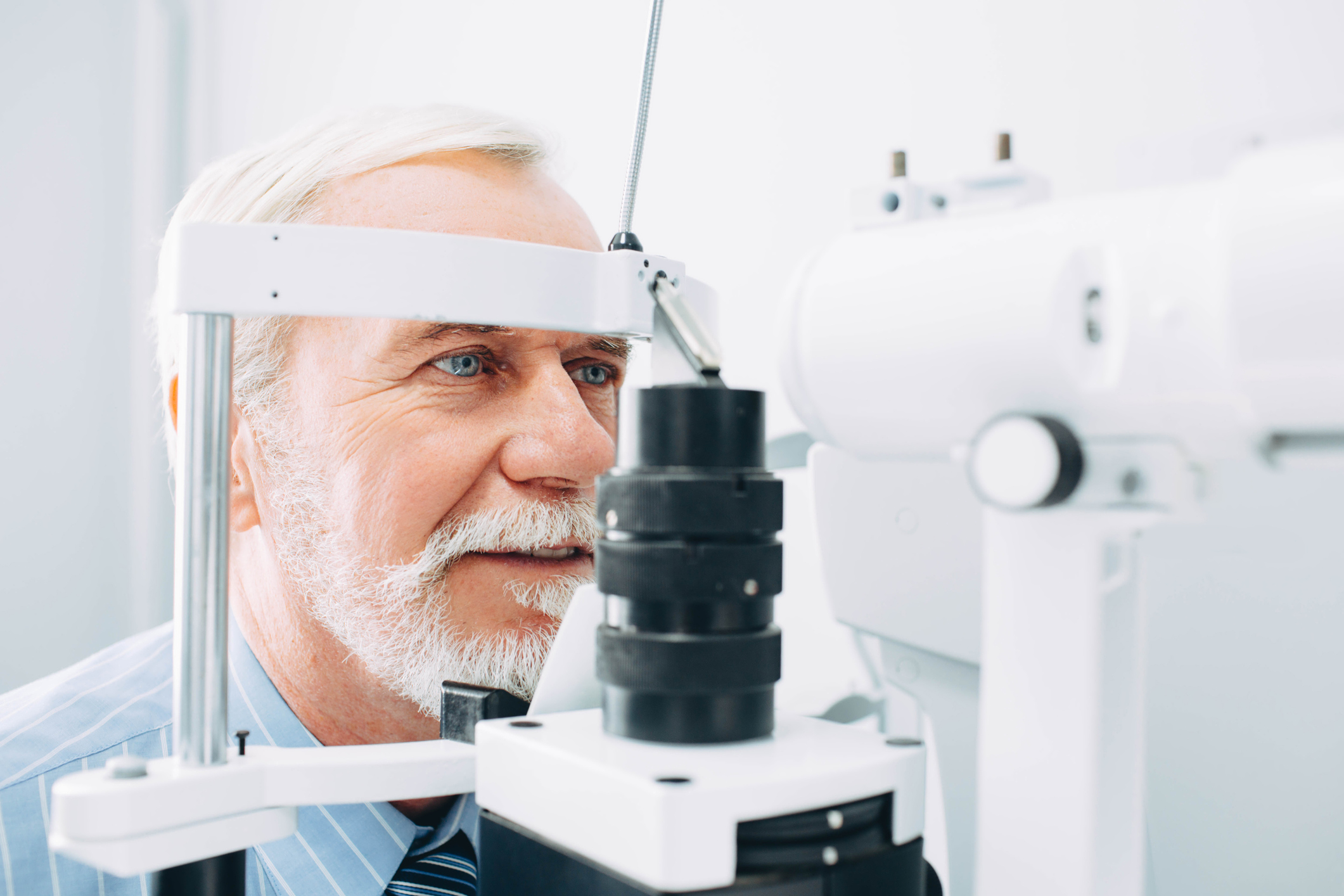Understanding Eye Pressure: What It Means for Your Vision

When it comes to maintaining good vision, many people focus on regular eye exams and managing issues like nearsightedness or farsightedness. However, one overlooked aspect of eye health is intraocular pressure, also known as eye pressure. While you may not feel it, elevated eye pressure can have serious implications for your vision.
What is Eye Pressure?
Eye pressure refers to the fluid pressure inside the eye, known as intraocular pressure (IOP). The eye is filled with a transparent fluid called aqueous humor, which is constantly produced by the eye and drained through small channels. This fluid helps nourish the eye and maintain its shape. However, if the fluid is not draining properly or if too much fluid is being produced, the pressure inside the eye can increase.
Your eye doctor in Tampa measures intraocular pressure during routine eye exams, usually with a test called tonometry. The test is quick and painless, and it provides important information about the health of your eyes.
Why Eye Pressure Matters
While a certain level of eye pressure is normal, the increased pressure can lead to several serious eye conditions, the most common being glaucoma. Glaucoma is a group of eye diseases that damage the optic nerve, often due to elevated eye pressure. The optic nerve is responsible for transmitting visual information from the eye to the brain, so damage to it can lead to vision loss and, if untreated, blindness.
One of the concerning aspects of glaucoma is that it often develops without noticeable symptoms in its early stages. For this reason, regular eye exams with an eye specialist in Tampa are essential to catch the disease before it progresses. Left unchecked, elevated eye pressure can cause irreversible damage to the optic nerve.
Causes of Elevated Eye Pressure
Several factors can contribute to elevated eye pressure. Genetics play a significant role—those with a family history of glaucoma are at a higher risk. Other risk factors include age (people over 40 are more likely to experience elevated IOP), certain medical conditions (like diabetes), and prolonged use of corticosteroid medications. In some cases, eye trauma or injury can also lead to an increase in eye pressure.
Regularly visiting an eye doctor in Tampa at Florida Eye Center can evaluate your risk factors and recommend a course of action to manage your eye pressure effectively. It’s important to note that not everyone with elevated eye pressure will develop glaucoma, but monitoring and treatment are key to preventing damage to your vision.
Managing Eye Pressure
If you are diagnosed with high eye pressure, your eye specialist in Tampa will work with you to develop a treatment plan. In many cases, medications, usually in the form of eye drops, are prescribed to reduce the fluid production or increase the drainage in the eye. For more severe cases, surgical options may be considered to help control eye pressure.
The goal is to reduce intraocular pressure to a level where the risk of optic nerve damage is minimized. Regular follow-ups are crucial to ensure that treatment is effective and that your vision remains protected.
Are you worried about your eye pressure? Request an appointment today to stay on top of your eye health.
Disclaimer: The contents of this website are for general educational purposes only. All content and media on the Florida Eye Center website does not constitute professional medical advice nor is the information intended to replace the services provided by the medical professionals at Florida Eye Center or other qualified medical professionals. If you believe you are having a medical emergency, call 911 immediately.
The content, views, and opinions communicated on this website do not represent the views of Florida Eye Center. Reliance on any information provided by this website is solely at your own risk. Although this website contains links to other medical websites, this is strictly for informational purposes. Florida Eye Center is not responsible nor do they approve of the content featured on any third party linked websites referenced on this website.
Additional Resources
To request an appointment, please access the form below or contact our office at (813) 972-4444. While we do our best to accommodate your request, appointment requests made through our website are not guaranteed until confirmed by our office. If this is an emergency, please call 911.

